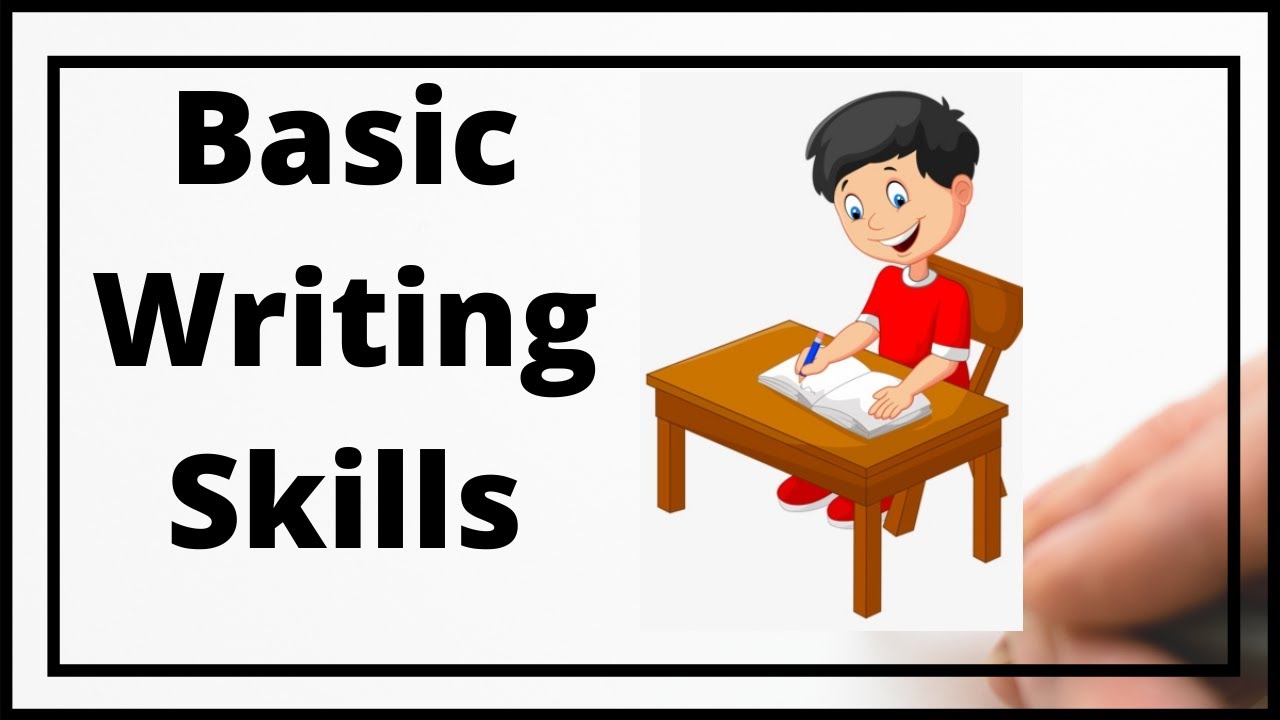BCom 1st Year Writing Skills Notes Study Material
BCom 1st Year Writing Skills Notes Study Material: We provide to all the students of Bachelor of Commerce. BCom 1st, 2nd, and 3rd Year Business Communication Notes Study material, Business Communication question answer, sample papers, mock test papers, and pdf. At gurujistudy.com you can easily get all these study materials and notes for free. Here in this post, we are happy to provide you with BCom 1st Year Writing Skills Notes Study Material.

BCom 1st Year Writing Skills Notes Study Material
Writing Skills
Writing skill is an important element of written communication. It is necessary for the effective writing of letters, memorandums, reports, speeches, etc. in the present-day business. A manager in any organization devotes about 45 percent of his working time to studying and writing business letters. In any organization, employees of every level express their ideas, thoughts, action-reaction, responses, decisions, etc. through writing. (BCom 1st Year Writing Skills Notes Study Material)
A written document becomes a permanent record and others can review the message through this record from time to time, therefore, it is necessary to write such documents skillfully. (BCom 1st Year Writing Skills Notes Study Material)
Business writing, although seems to be easy and simple, yet is not so. The development of writing skills requires hard work, practice, and proper planning. Writing skill has four stages: 1. Planning, 2 First Draft, 3 Amendment, 4. Editing.
First Stage
Under planning the following five elements are included:
(i) Objectives
(ii) Audience analysis
(iii) Selection of thoughts
(iv) Collection of data and facts as per thoughts and
(v) to make a proper sequence of messages.
Second Stage
In the second stage, the first draft is written. It includes converting thoughts into words and sentences and to frame them in paragraphs as per requirement. There are two styles of writing the first draft:
(i) Linear,
(ii) Circular.
In linear drafting, the facts are presented in a ser el order, i.e., one fact is followed by another fact and so on; whereas circular style presentation of thought is quite elastic. (BCom 1st Year Writing Skills Notes Study Material)
Third Stage
In the third stage, the first draft is amended as and where necessary. All important and necessary information is included, and unnecessary information is excluded. The language is corrected. This process is also known as rewriting.
Last Stage
The last stage of writing skills is of editing the draft by improving sentence formation and correcting grammatical errors. The message is given in an effective form. (BCom 1st Year Writing Skills Notes Study Material)
Guidelines for Effective Writing
- The following questions have to be answered for effective writing:
(i) Why write?
(ii) For whom to write?
(iii) What to write?
(iv) Where to write?
(v) When to write?
(vi) How to write?
- Short and simple words should be used.
- It should always be brief.
- It should be appropriate/according to the subject.
- Should be factual and trustworthy.
- It should be practical.
- Sentences should be small and should carry ‘a thought’ and should be correlated with one another in a logical sequence.
- Words, which are commonly used in the exchange of thoughts, should be selected to convey your message easily.
- Strong words should not be used. ‘Nouns’ and ‘Verbs’ should find more place in sentences than ‘adjectives’ and ‘adverbs’. Adjectives and adverbs give subjective expression and, therefore, they should be avoided. Business communication is always objective.
- Avoid unnecessary and unwanted words and sentences.
- Do not use uncommon words and avoid enthusiastic language.
- Keep the paragraphs small. Each paragraph should concentrate on a particular thought. (BCom 1st Year Writing Skills Notes Study Material)
BCom 1st Year Writing Skills Notes Study Material